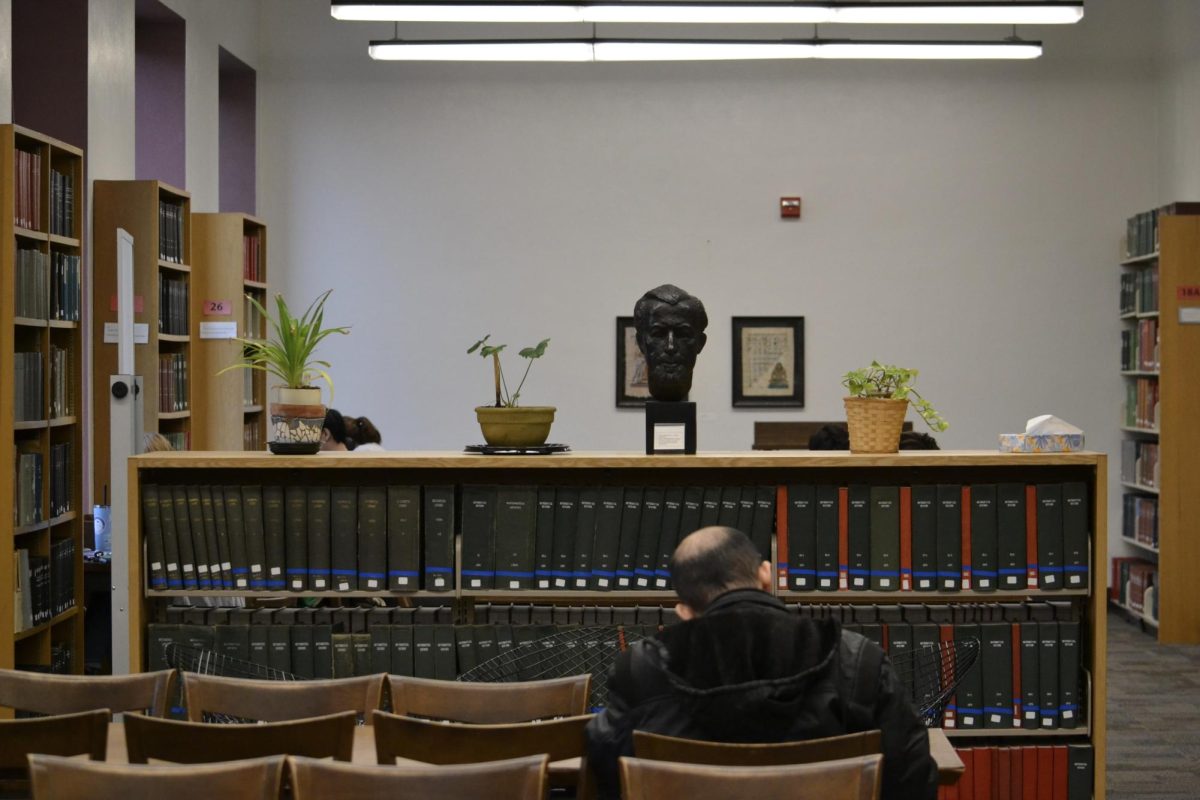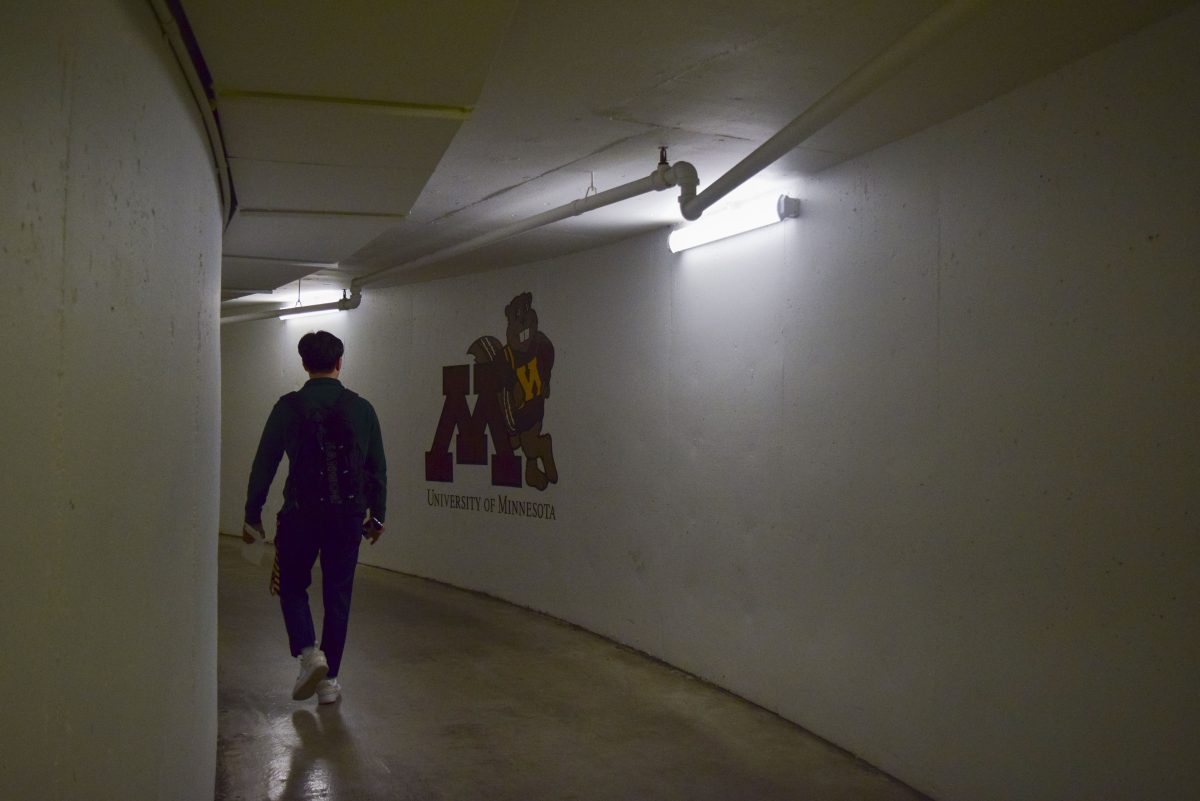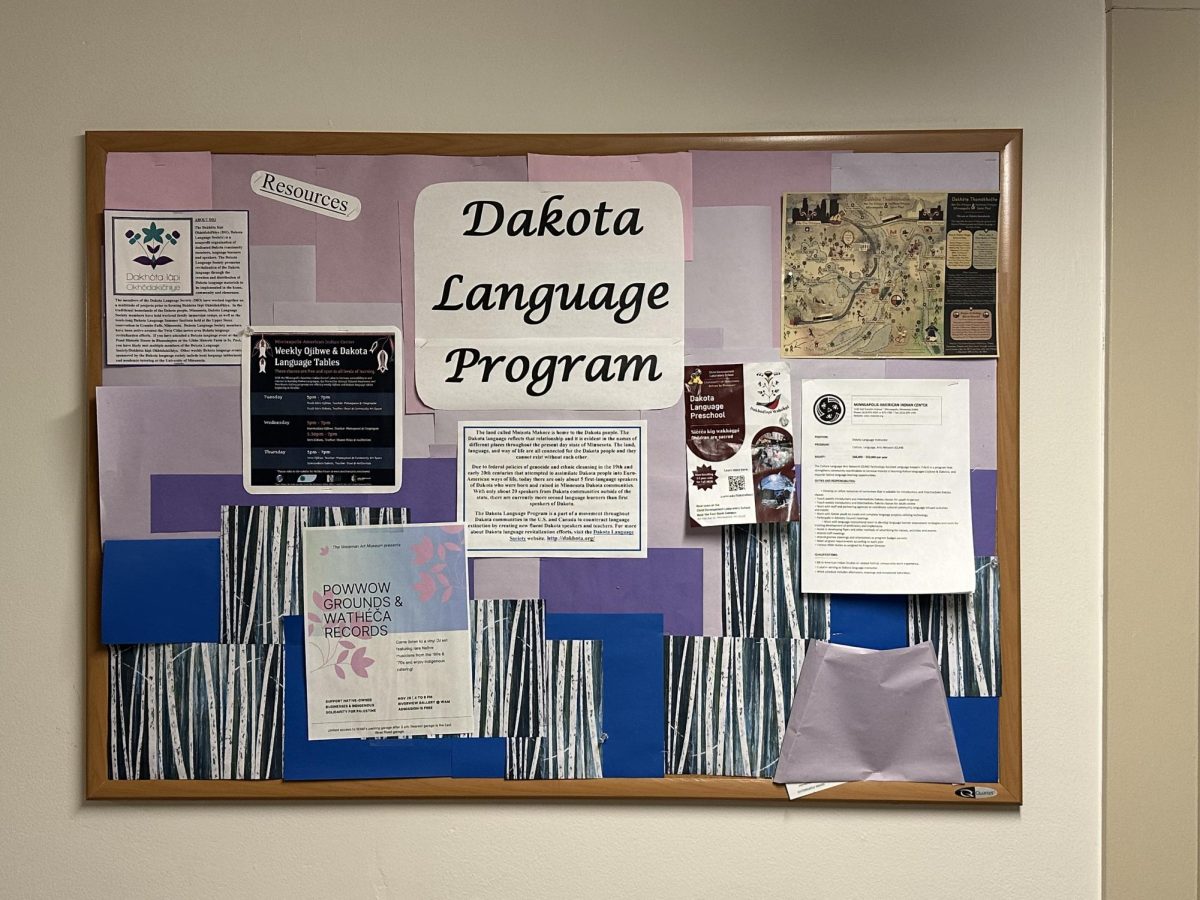After George Floyd’s murder in May 2020, the University of Minnesota’s College of Liberal Arts (CLA) started a roundtable discussion series that aims to address “critical and complex” questions about eliminating institutional and systemic racism.
The series, titled “What’s Next?”, had its fifth installment on June 9 with a discussion sponsored by the Weisman Art Museum.
Moderated by Dr. Karen Mary Davalos, a professor and chair of the Department of Chicano and Latino Studies at the University, the discussion examined the power of art and museums in the advancement of racial justice and explored how art museum leaders view their roles differently in the aftermath of Floyd’s murder.
Kayleigh Bryant-Greenwell is the head of public programs at the Smithsonian American Art Museum in Washington D.C. and was featured as a panelist for the discussion.
“I believe that museums and art making are intimately linked in the advancement of social and racial justice,” Bryant-Greenwell told the Minnesota Daily. “Although museums are founded on problematic histories and ideologies, if we look at how a museum should function today and serve 21st century audiences, I think that it is inherent in our mission that we do cultural justice and racial equity work.”
As of 2019 over 82% of museum curators and archivists were white, according to Data USA.
And though advancing diversity is important for the industry, Bryant-Greenwell said that real change will need to be separate.
“There is a certain distinction that needs to be made across the field,” she said. “I am pleased that we are using the term racial justice, but often racial justice is conflated with [increasing diversity] and other things that are not rooted in change-making. Racial justice tells us that harm is happening and that harm is the default or the norm.”
Katie Luber is the director and president of the Minneapolis Institute of Art (MIA) and also served as a panelist for the event.
Luber’s tenure as the director and president of MIA began at the onset of the COVID-19 pandemic and has been defined by both COVID-19 and community pleas for racial justice in Minneapolis, she said.
“Change in this space is going to take a long time,” Luber said. “We need to make sure that we are not just spending the dollars of today on the problems of today. We need to carve out places for programs and positions that will make this progress possible for years to come.”
Luber added that 27% of the MIA’s board of directors is now made up of individuals from underrepresented groups, up from “no diversity” eight years ago.
Additionally, MIA raised $5 million in the past year to endow a new position for a senior diversity, equity and inclusion officer. Endowing the position ensures that MIA will be able to retain the position for years to come, Luber said.
“I went out and found the money to make sure that this was a longitudinal change for us,” she said. “That first person we hire might stay for three years or 30 years — we just do not know. But I want to make sure that there is a person after that. That longitudinal piece is critical to the success of racial justice work in our institution.”





























A Gopher
Jun 23, 2021 at 5:13 pm
Yes, and wouldn’t it be the least racist if we had merit-based admissions and hiring practices? Remove the name and ethnicity from all applications and let’s go entirely by merit alone. But nope, libruls think that until we’re all brought down to lowest possible denominator we are equal!
brn
Jun 21, 2021 at 4:21 pm
It’s sad how we classify and categorize people based on their race, gender, and sexual orientation.
Wouldn’t it be better to judge individuals as individuals?